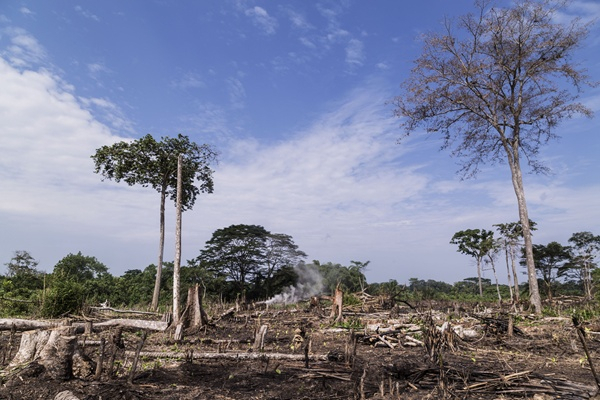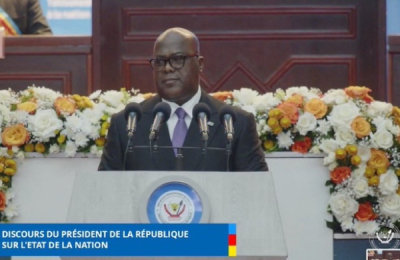Highlights:
• DRC launches $19M climate resilience project targeting 30,000 people in eastern provinces
• Global Environment Facility contributes $8.24M for sustainable agriculture on 15,000 hectares
• Initiative focuses on North Kivu, South Kivu, and Maniema with emphasis on women and youth entrepreneurship
The Democratic Republic of Congo (DRC) is rolling out a five-year climate adaptation program targeting its eastern regions. The $19 million "Resilient Growth and Adaptation to Climate Change" project aims to strengthen climate resilience in provinces plagued by both environmental degradation and ongoing conflict.
The Global Environment Facility's Least Developed Countries Fund is providing $8.24 million of the total budget, with the DRC government and other partners covering the remainder. The initiative will focus on North Kivu, South Kivu, and Maniema—three provinces with fragile forest ecosystems and high vulnerability to climate impacts.
The program plans to reach around 30,000 people, with women making up half the beneficiaries. It will prioritize agricultural resilience and community support, including assistance for indigenous peoples and Pygmy communities often marginalized in development programs.
Key activities include deploying sustainable farming practices across 15,000 hectares through improved seed distribution and training over 500 lead farmers. The training aims to help farmers cope with climate threats like droughts, floods, and unpredictable rainfall patterns that increasingly disrupt harvests.
Special attention will go to female and youth entrepreneurship through technical and financial support for agricultural processing and marketing ventures. This approach targets both immediate climate adaptation and longer-term economic opportunities in regions where alternatives to subsistence farming remain scarce.
The project aligns with the DRC's National Adaptation Plan and commitments under the Paris Agreement. Officials say it addresses root causes of vulnerability, including ecosystem breakdown, weak institutions, and limited economic prospects.
Success will depend heavily on security conditions in the eastern provinces, where armed groups continue to disrupt rural communities and development efforts.
Boaz Kabeya










